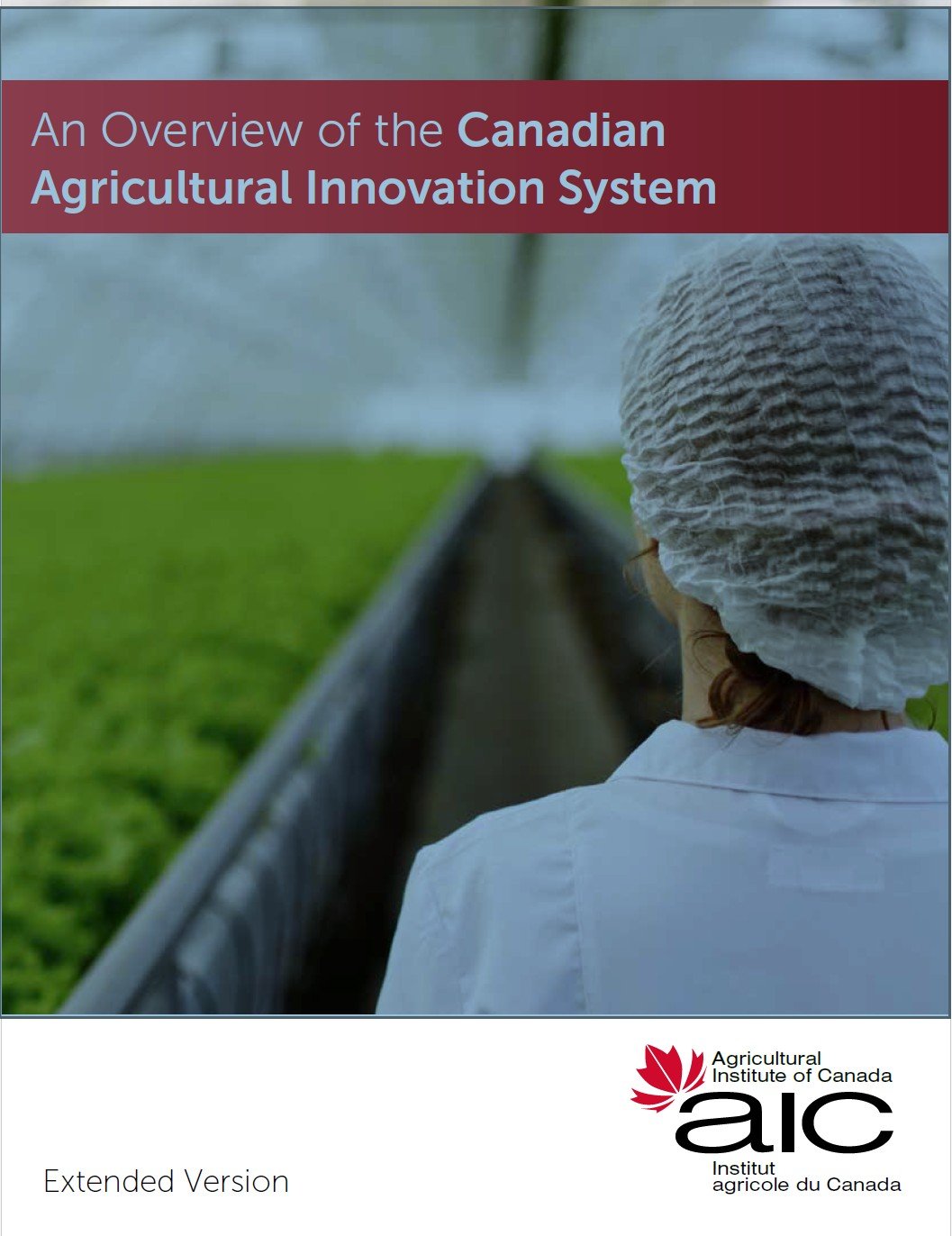Agri-food Innovation Council advocates extension and advisory services and related initiatives in Canada. They have published a report, “An overview of the Canadian Agricultural Innovation System” in 2018.
The document highlights the role of extension and advisory services in disseminating agricultural research and supporting farm-level adoption of innovations. Key points include:
- Role of Extension Services: Extension services facilitate the transfer of scientific discoveries from research labs to producers, helping improve productivity and sustainability. These services include public programs, private consulting, and industry-led initiatives.
- Shift in Delivery: Over the last two decades, the delivery of extension services has shifted, with industry associations and commodity groups taking a leading role. They use electronic and online channels, workshops, and e-learning opportunities to share technical knowledge.
- Challenges: Farmers often rely on their own experience and experimentation rather than third-party advice to adopt new technologies. Additionally, the lack of rural broadband and a common analytics platform limits the effectiveness of dissemination efforts.
- Farm-Level Adoption: Larger farms with annual revenues over $1 million are more likely to adopt innovations and seek advice from extension specialists. Adoption rates vary by commodity, with horticultural and potato farmers being early adopters compared to beef cattle or dairy farmers.
- Digital Technologies: Many Canadian farms are integrating digital tools like GPS, GIS mapping, and robotic milking into their operations, supporting precision agriculture and efficiency improvements.
In summary, extension and advisory services are critical for agricultural growth and productivity, but challenges like reliance on self-experimentation and resource gaps hinder their full potential.


